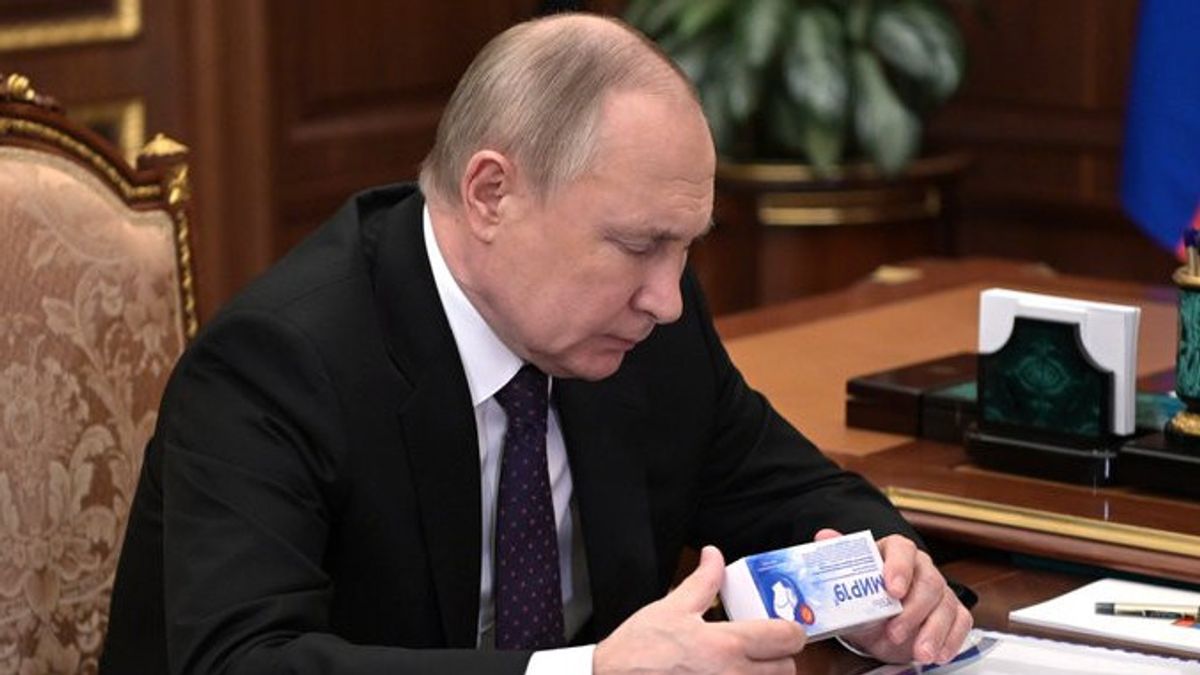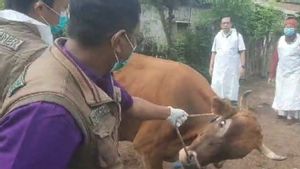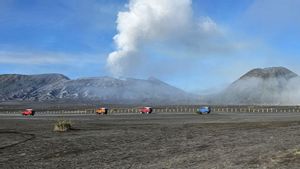Russian president Vladimir Putin told space industry officials in a meeting broadcast on television on Thursday, October 26, that Russia's independent space program will continue to run at full speed. It doesn't matter, despite the corruption scandal and international tensions.
Putin stated that the first module of Russia's new orbital platform, which could be considered a sign of a more dark and less cooperative space era that will follow the end of the International Space Station (ISS) by 2030, should be launched in 2027.
"When the International Space Station's resources run out," Putin said, "we don't just need one segment, but the entire station must be activated."
The Russian president also promised to continue his country's lunar mission program despite the severe crash suffered by Russian Luna-25 aircraft last August at the south pole of the moon.
"It's a shame... It's a negative experience. But it will be used in the future to avoid mistakes," Putin was quoted as saying by VOI from DailyMail.
Since its start in 1988, the ISS has served as a model of international scientific cooperation between the United States, Europe, Russia, and other countries. But Moscow's plans to continue participating in the ISS, which is 25 years old until 2028, according to Putin, are only temporary measures.
Yuri Borisov, head of the Russian Space Agency, Roscosmos, supports Putin's plans as a way to maintain the country's capabilities in manned spaceflight. "ISS is getting older and will end," Borisov told the Russian news agency.
"If we don't start a big job creating Russian orbital stations by 2024, we will most likely lose our ability due to late times," Borisov said.
Putin stressed in a televised meeting on Thursday that the new space station should "consider all the latest scientific and technological achievements and have the potential to carry out future tasks."
He said the development of the new space station would run "as scheduled." In his statement, Putin further explained that he had been fully informed of the technical failures that caused the Luna-25 plane to crash in August.
The incident, which occurred during pre-landing maneuvers on the lunar surface, highlighted funding issues, corruption scandals, and other obstacles that followed the space program that used to be the pride of the country.
Mikhail Marov, a 90-year-old top astronomer who was a key consultant on the failed space expedition, was rushed to hospital after Luna-25 fell. He reportedly experienced a "sharp decline" in his health.
Marov's health condition emerged after he called for an investigation into the failure of the expedition, which is Russia's first lunar mission in 47 years.
اقرأ أيضا:
"We will certainly work on this. The lunar program will continue," Putin said. "There are no plans to stop it. Mistakes happen. This is a very complex activity."
Putin also advised space experts present to resolve salary issues, which he said were too low in Russia's space industry, in an effort to attract foreign space specialists and arouse renewed interest from the private sector.
However, Borisov, said that the next month's launch might be pushed forward to 2026 from its original 2027 plan, while the new space station remains a top priority for the space agency.
Interfax, citing unnamed industrial sources, reported that Russia's new space station would cost about $6 billion. When completed, the station will be able to accommodate up to four cosmonauts and scientific equipment.
"The goal is to avoid any loopholes," Putin said. "So that work can continue as the ISS resources run out."
The English, Chinese, Japanese, Arabic, and French versions are automatically generated by the AI. So there may still be inaccuracies in translating, please always see Indonesian as our main language. (system supported by DigitalSiber.id)


















